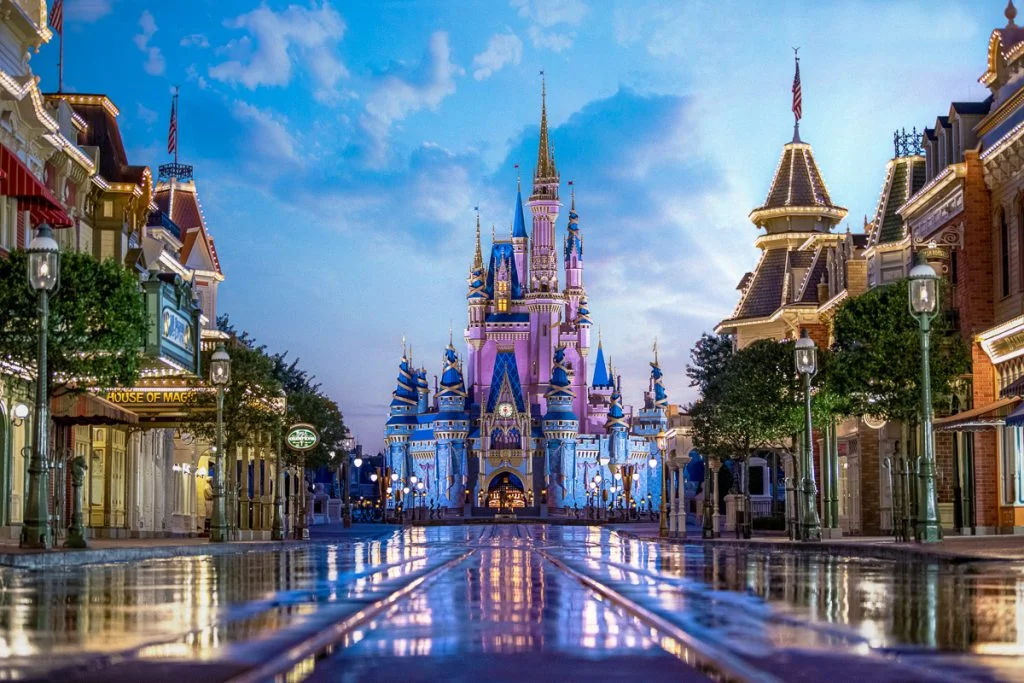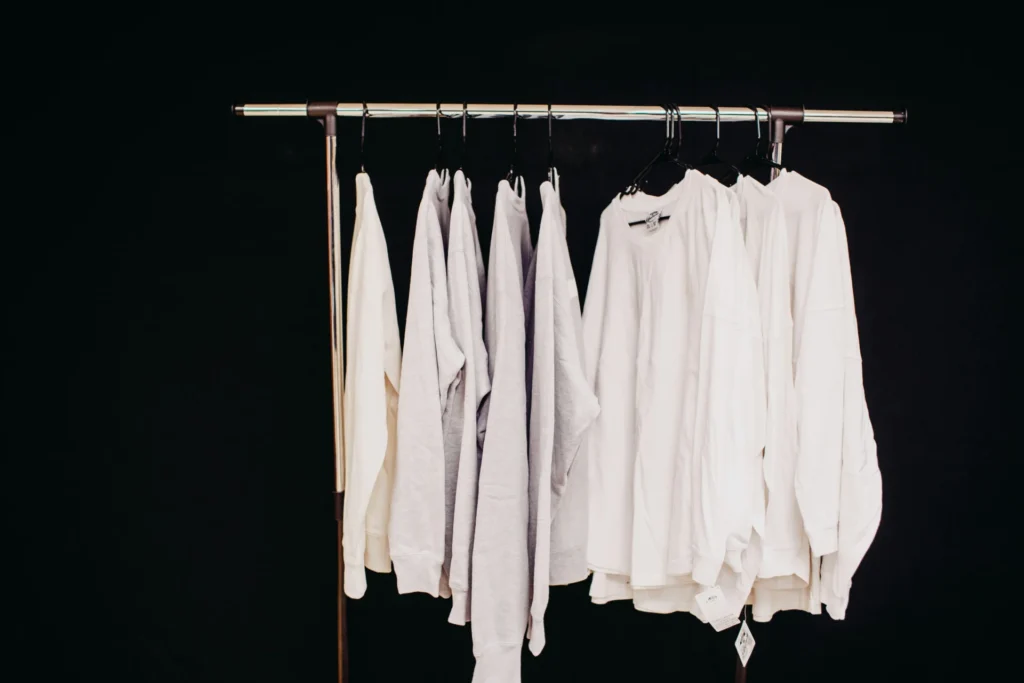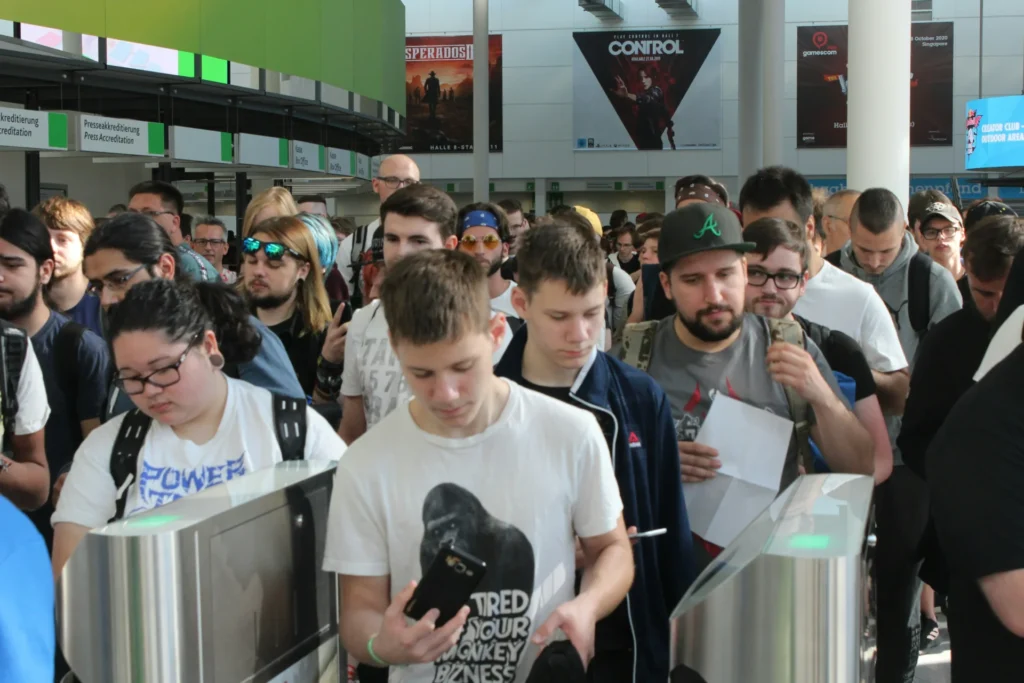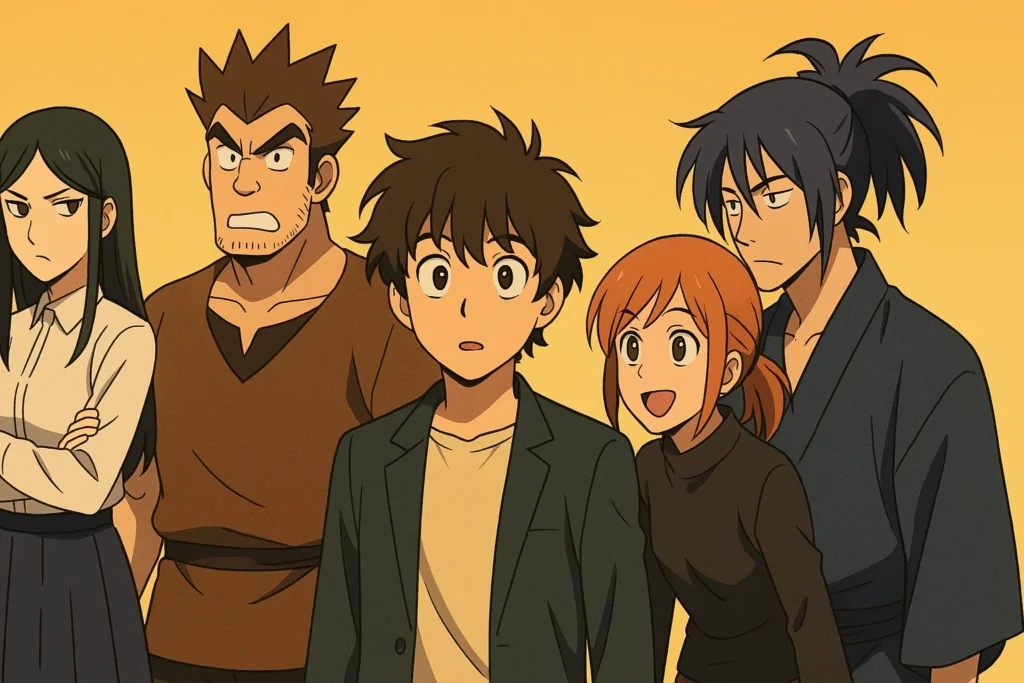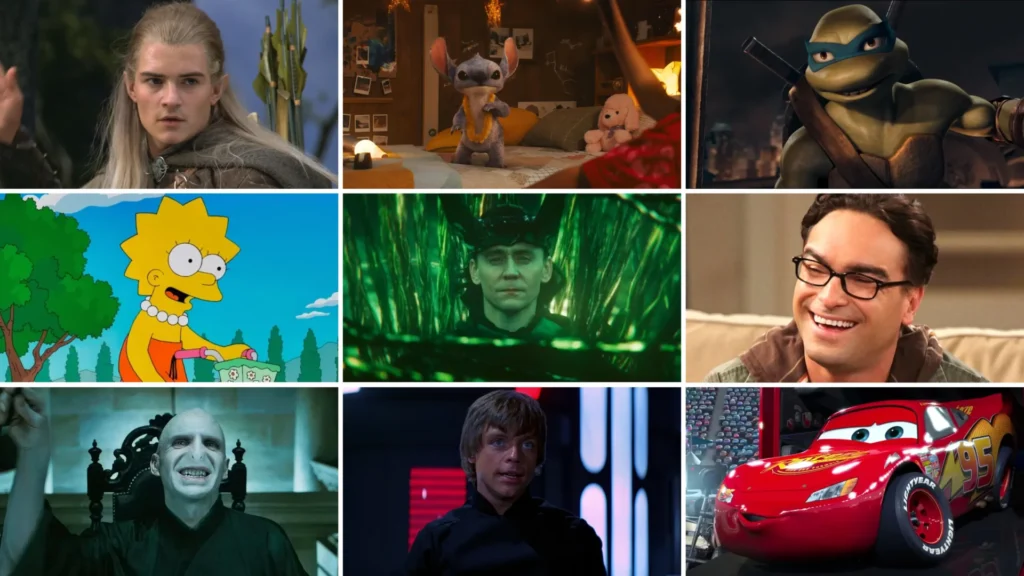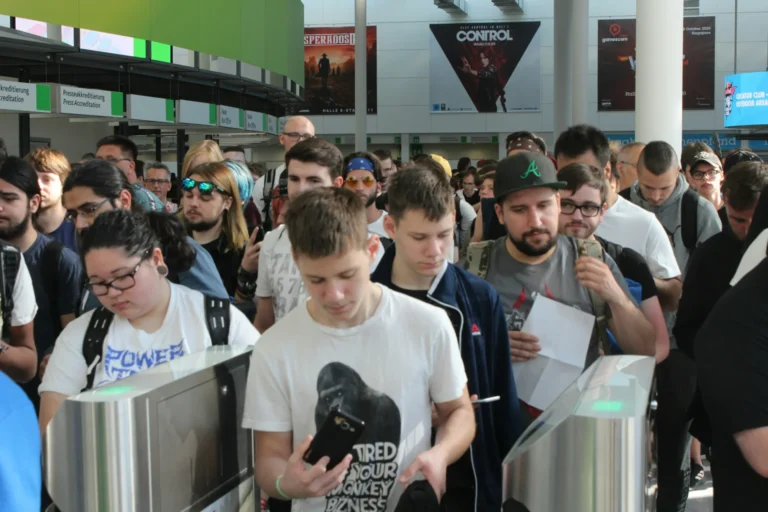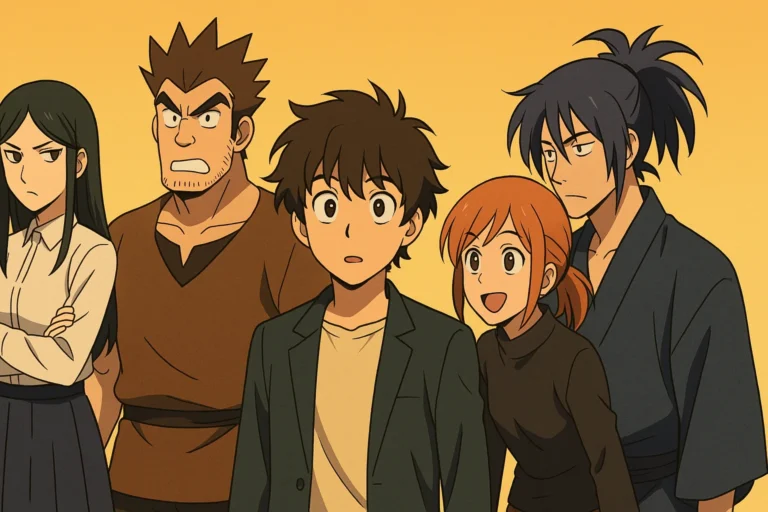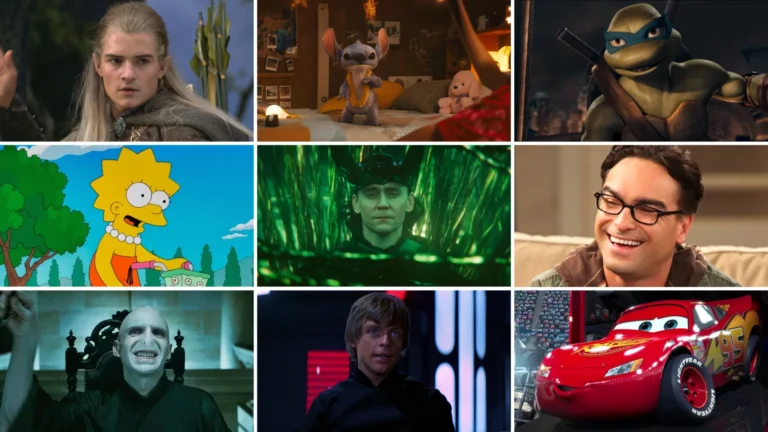Disney World isn’t just a vacation spot—it’s a phenomenon. The moment you leave, the countdown to your next visit begins. But what is it about this place that fuels what feels like a true Disney World addiction? From sensory overload to nostalgia, Disney has cracked the code of creating a world you can’t help but crave. Let’s explore the multidimensional magic behind this irresistible allure.
The Perfect Blend of Distraction and Immersion
A World Designed to Capture Attention
From the second you step onto Main Street, USA, Disney envelops you. Everything from the forced perspective of Cinderella’s Castle to the smell of fresh cookies wafting through the air is meticulously designed to keep you engaged. You’re not just visiting a park—you’re stepping into a story.
Disney’s genius lies in its ability to transport you fully into its world. Whether you’re flying on a banshee in Pandora or wandering the streets of Galaxy’s Edge, every detail feels real and demands your attention.
Why It’s Different from Other Vacations
Compare this to a beach getaway. Sitting by the ocean can be serene, but your thoughts often drift to work emails or life’s worries. At Disney, your brain doesn’t have time for that. You’re busy debating if your next snack should be a churro or a Mickey-shaped pretzel and planning your fastest route to Space Mountain.
Disney is chaos—but in the best way possible. It’s a safe, structured environment where distractions are welcome and reality feels far away.
The Psychology of Escapism at Disney World
Escapism as a Coping Mechanism
Modern life is stressful, and Disney offers a break from it all. It’s not just a park; it’s an alternate reality where your biggest worry is whether you’ll make your Genie+ reservation on time. That level of detachment is rare and deeply therapeutic.
The Role of Nostalgia
Disney isn’t just about new experiences—it’s about reliving old ones. The moment you see Mickey Mouse or hear the opening notes of “A Whole New World,” you’re transported to your childhood. Nostalgia is a powerful emotional anchor, and Disney uses it masterfully.
Whether it’s riding Dumbo or watching fireworks over the castle, Disney taps into memories that feel timeless, creating an emotional connection that lingers long after you leave.
Sensory Overload: Chaos in the Best Way Possible
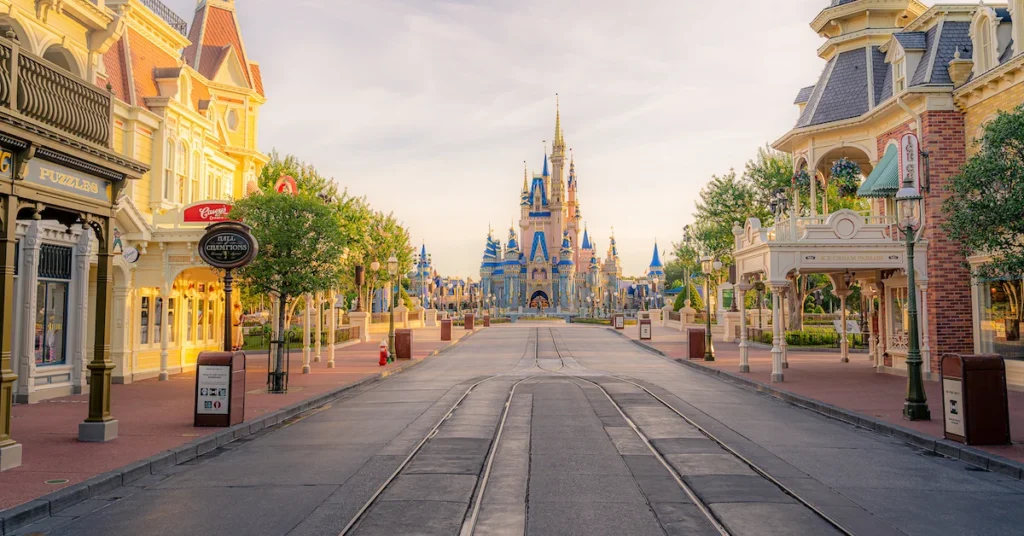
A Feast for the Senses
Disney World is a sensory buffet:
- Sight: Fireworks light up the sky, and parades captivate with vibrant costumes.
- Sound: Music seamlessly transitions between lands, pulling you deeper into the story.
- Smell: Popcorn, churros, and resort-specific scents like the Polynesian’s tropical breeze create an olfactory journey.
- Taste: Iconic treats like Dole Whip and turkey legs bring their own unique magic.
Why Sensory Overload Works
This constant stimulation overwhelms your brain—in a good way. You’re too busy soaking in the atmosphere to think about bills or deadlines. The carefully crafted chaos creates a “bubble” effect, making the outside world feel like a distant memory.
Why We Start Planning Our Next Trip Before We Leave
The Disney “Afterglow”
The magic doesn’t end when you leave the park. In fact, it often grows stronger. You find yourself scrolling through photos, humming parade tunes, and reliving moments that felt like pure joy. The longing to go back starts almost immediately.
How Disney Keeps You Hooked
Disney doesn’t leave your next trip to chance—it plants the seed before you even exit the park.
- MagicBands and Apps: These digital tools store your preferences, making every visit feel personalised.
- Merchandise: From plush toys to Mickey ears, souvenirs act as emotional anchors.
- Seasonal Events: New offerings like Halloween or holiday celebrations give you fresh reasons to return.
The Role of Anticipation
Anticipation is half the fun, and Disney knows it. Announcements of new attractions and limited-time events keep the excitement alive year-round. You’re not just planning a vacation—you’re building a dream.
The Science Behind Disney World Addiction
Dopamine and Reward Systems
Dopamine, the brain’s “feel-good” chemical, is triggered by fun and novelty. Disney is a dopamine factory. Each ride, character meet-and-greet, and Mickey-shaped snack hits your brain’s reward center, creating positive associations that linger long after your visit.
The Psychology of Anticipation
Planning your trip is part of the thrill. From booking Genie and lightning lanes to packing Disney-themed outfits, the anticipation releases dopamine, making the lead-up almost as enjoyable as the trip itself.
Emotional Anchors and Branding
Disney isn’t just a company; it’s a lifestyle. Its branding—from classic movies to park experiences—creates a sense of belonging. It’s not just a place you visit; it’s a place you carry with you.
Tips for Your Next Disney Trip: How to Maximise the Magic
Plan Ahead, but Stay Flexible
- Use Genie+ to minimize wait times, but leave room for spontaneity.
- Some of the best Disney moments are unplanned—like stumbling upon a character parade or snagging a last-minute dining reservation.
You can check out a Disney World planning guide here.
Indulge Your Inner Child
- Don’t hesitate to embrace the magic. Hug Mickey, belt out “Let It Go” on Frozen Ever After, and take that silly photo on Splash Mountain.
Take Breaks to Absorb the Atmosphere
- Find a quiet spot to sit and people-watch. Enjoy a Mickey bar and soak in the magic around you. These slower moments often become the most memorable.
Why Disney World Will Always Be a Dream Destination
Disney World isn’t just a theme park—it’s a carefully crafted escape from reality. Through sensory overload, nostalgia, and anticipation, it creates an experience that keeps you coming back for more. It’s a place where distraction becomes therapy and joy feels effortless.
Why is Disney World so addictive?
Disney’s combination of sensory overload, nostalgia, and immersive escapism creates a unique environment where you feel fully present and disconnected from stress.
How does Disney tap into nostalgia?
Disney crafts experiences that remind visitors of their happiest childhood memories, creating emotional connections that keep them coming back.
Is Disney World more stressful than relaxing?
While it can be physically tiring, the emotional payoff—joy, wonder, and nostalgia—outweighs the stress for most visitors.
Why do people start planning their next trip so quickly?
Disney leverages anticipation and nostalgia to create a cycle of longing. From branded souvenirs to teaser announcements, the magic never feels far away.
